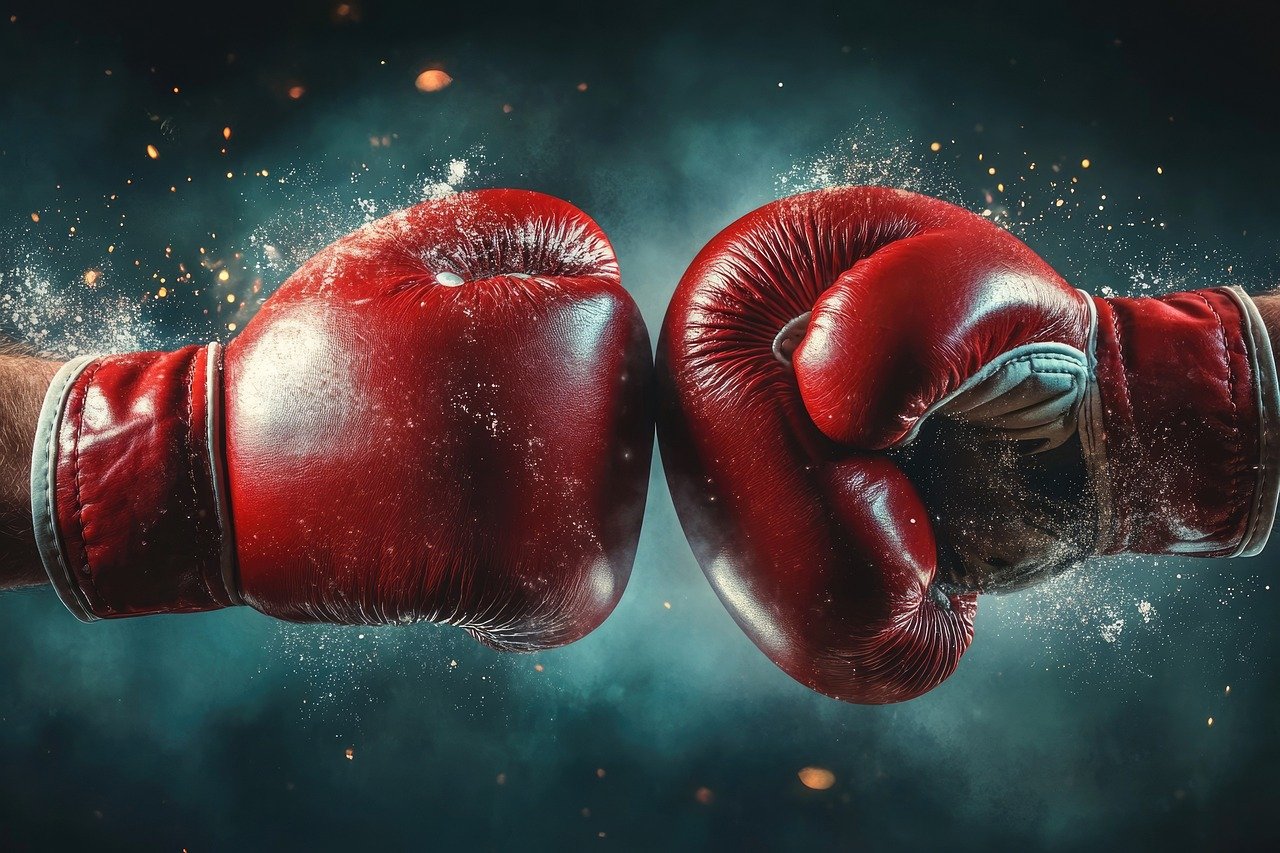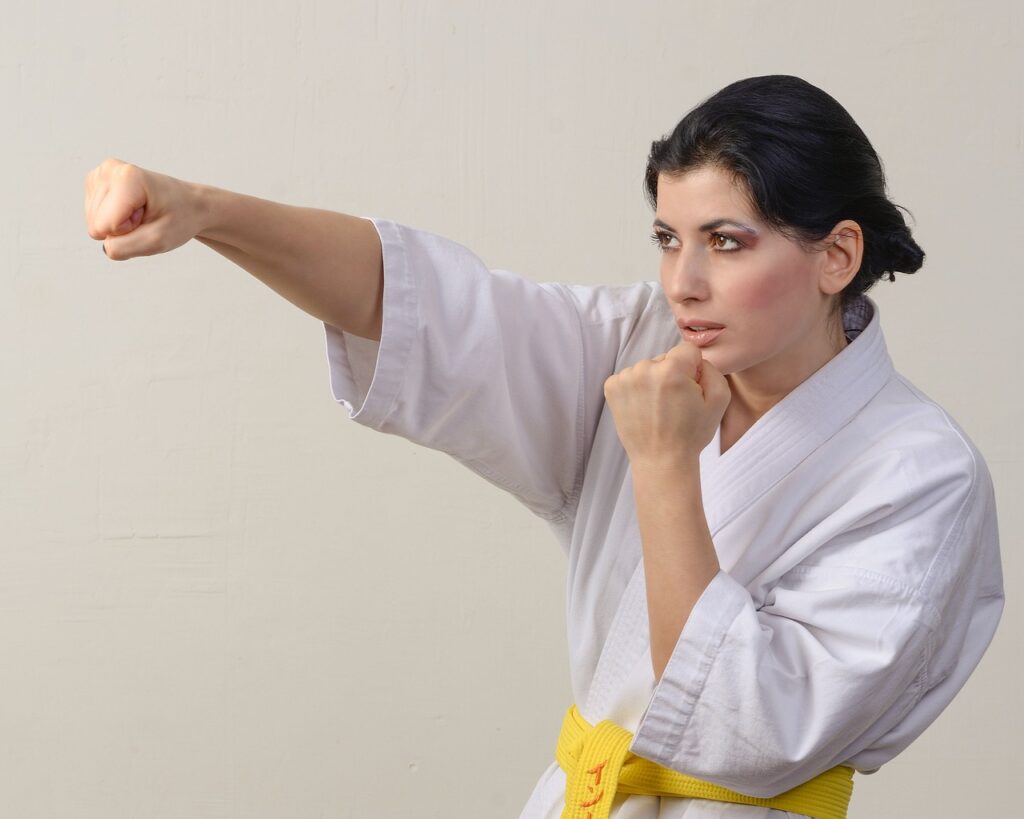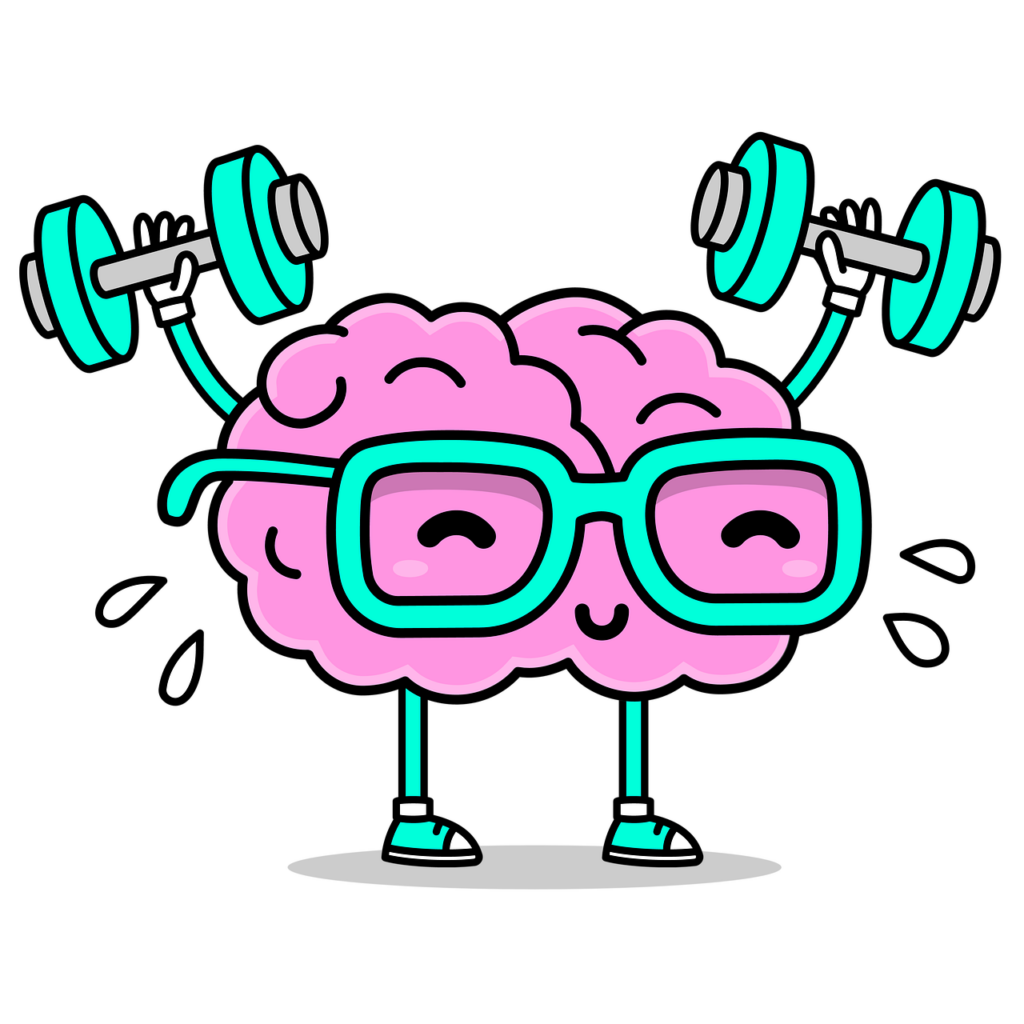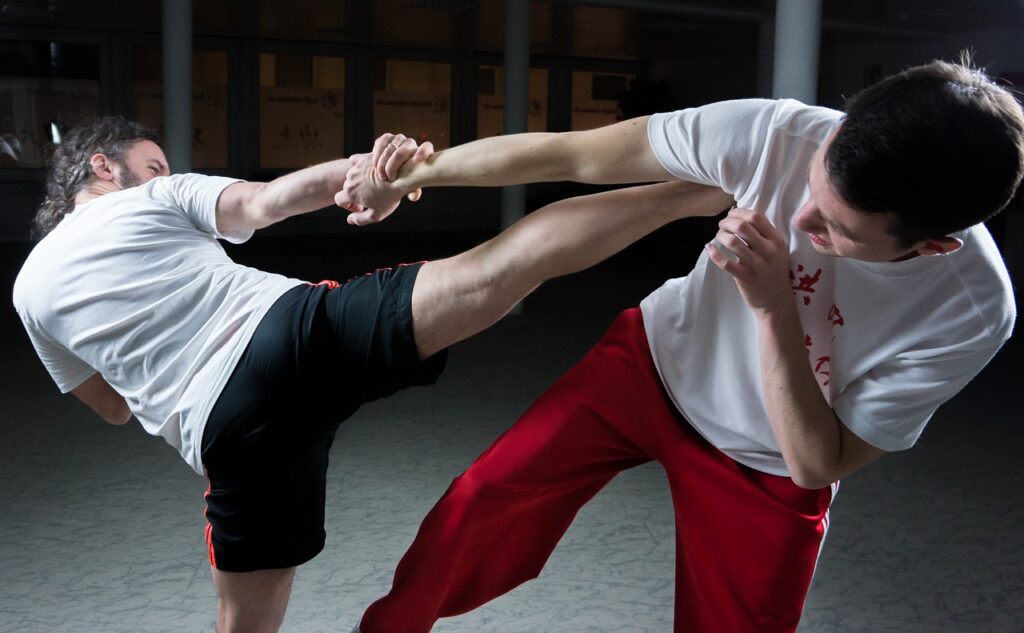
In today’s increasingly complex world, the value of physical fitness and mental resilience cannot be overstated. Engaging in combat sports such as wrestling, boxing, or jiu-jitsu offers a unique avenue to develop these attributes. Beyond the obvious physical benefits, these practices instill discipline, enhance mental fortitude, and foster a sense of community. Drawing from various sources, this op-ed explores why everyone should consider gaining some form of combat experience.
Physical Fitness and Health Benefits
Combat sports provide a comprehensive workout that engages multiple muscle groups, improves cardiovascular health, and enhances overall physical fitness. According to DoveMed, combat sports involve high-intensity intervals of movement and exertion, which can improve cardiovascular endurance and help lower the risk of heart disease. Additionally, the dynamic movements inherent in these sports such as striking and grappling, contribute to increased strength, power, and muscle mass. This approach to fitness ensures that practitioners develop not only strength but also agility, coordination, and flexibility.
Mental Resilience and Discipline
Beyond physical prowess, combat sports are instrumental in building mental resilience and discipline. The Good Men Project highlights that learning a combat sport instills a sense of perseverance, as students must engage repeatedly in practice to progress. This consistent effort fosters a “never give up” attitude, teaching individuals to overcome challenges both on and off the mat. Moreover, the structured environment of combat training promotes self-control and focus, essential skills for personal and professional development.
Self-Defense and Personal Safety
In an unpredictable world, the ability to defend oneself is not just a skill but a crucial element of personal safety and confidence. Combat sports equip individuals with practical self-defense techniques that can make all the difference in high-stress, real-life situations. According to Black Belt Magazine, martial arts training develops both situational awareness, and the reflexes needed to respond effectively to threats.
This combination of mental and physical preparation enables practitioners to protect themselves and others if necessary. While combat sports often focus on fitness and technique, the psychological benefits of self-defense training are equally vital. The confidence gained from knowing you can handle yourself in difficult circumstances fosters a profound sense of security and empowerment, allowing you to navigate life with greater assurance.
Community and Social Interaction
Engaging in combat sports often involves training in group settings, fostering a sense of community and camaraderie among participants. The Good Men Project emphasizes that students feel a sense of belonging and teamwork when learning a combat sport, which can improve social skills. This supportive environment encourages individuals to push their limits, share experiences, and build lasting relationships. The shared journey of overcoming challenges and achieving goals creates strong bonds and a network of support.
Stress Relief and Mental Health
The rigorous physical activity involved in combat sports serves as an effective outlet for stress and negative emotions. Fit People Sports highlights that these sports are ideal for disconnecting from routine and releasing accumulated stress. The focus required during training sessions allows individuals to momentarily set aside daily worries, leading to improved mental well-being. Furthermore, the endorphins released during intense physical activity contribute to a positive mood and reduced anxiety levels.
Cultural Appreciation and Personal Growth
Many combat sports are deeply rooted in cultural traditions and philosophies. By practicing disciplines such as Muay Thai, Brazilian Jiu-Jitsu, or Karate, individuals gain insights into unfamiliar cultures and their histories. This cultural appreciation fosters open-mindedness and a broader perspective on life. Additionally, personal growth experienced through mastering techniques, setting, and achieving goals, and overcoming physical and mental challenges is invaluable. The journey of learning a combat sport mirrors life’s challenges, teaching resilience, patience, and the importance of continuous self-improvement.
Conclusion
Incorporating combat sports into one’s life offers many benefits beyond physical fitness. The discipline, mental resilience, self-defense skills, community bonds, stress relief, and personal growth gained through these practices are invaluable. The lessons learned on the mat or in the ring equip us to face challenges in life with confidence and strength. Therefore, embracing some form of combat experience is not just about learning to fight; it is about building a better, more resilient, and well-rounded self.



